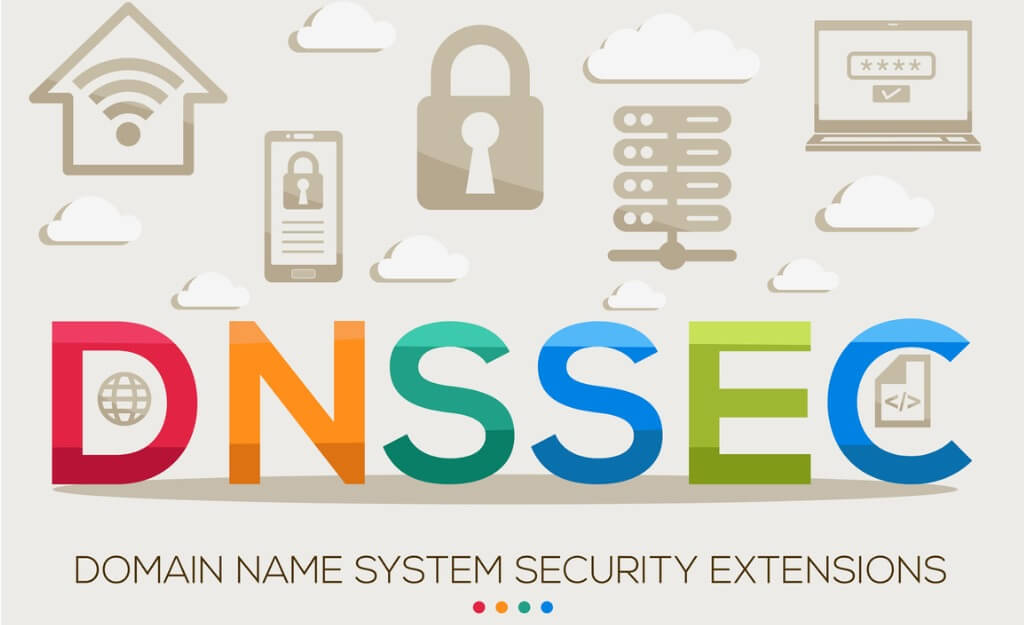

Introduction
In today's digital world, where data breaches and cyberattacks are becoming increasingly common, ensuring the security and integrity of our online communications is of paramount importance. One critical aspect of our online infrastructure that requires robust security measures is the Domain Name System (DNS). In this article, we will explore the concept of DNSSEC, its importance, how it works, its benefits, and the key differences between DNSSEC and DNS Security.
What is DNSSEC?
DNSSEC, short for Domain Name System Security Extensions, is a set of security protocols and cryptographic techniques designed to add an extra layer of trust and authenticity to the DNS. Its primary purpose is to protect users from various DNS-based attacks, such as DNS spoofing, cache poisoning, and man-in-the-middle attacks.
The Importance of DNSSEC
The DNS is responsible for translating human-friendly domain names, such as example.com, into machine-readable IP addresses. Without DNSSEC, the DNS infrastructure is vulnerable to attacks that can redirect users to malicious websites, intercept their communications, or manipulate the DNS responses they receive.
DNSSEC ensures the integrity and authenticity of DNS data by digitally signing DNS records. These digital signatures create a chain of trust, allowing users to verify that the information they receive from the DNS is legitimate and has not been tampered with.
How DNSSEC Works?
DNSSEC works by using a combination of public key cryptography and digital signatures. Here's a simplified overview of the DNSSEC process:
- The owner of a domain generates a pair of cryptographic keys: a private key and a corresponding public key.
- The private key is kept securely by the domain owner, while the public key is published in the DNS.
- When a user queries a DNS server for a domain's DNS records, the server includes additional DNSSEC-related information in the response.
- The user's DNS resolver, which is responsible for handling DNS queries on their behalf, retrieves the DNSSEC-related information and verifies the digital signatures using the published public key.
- If the digital signatures are valid, the DNS resolver can be confident that the DNS records have not been tampered with and returns the requested information to the user.
Benefits of DNSSEC
DNSSEC offers several key benefits:
- Enhanced Security: DNSSEC protects against various DNS-related attacks, ensuring the integrity and authenticity of DNS data.
- Trust and Confidence: With DNSSEC, users can have greater trust and confidence in the DNS responses they receive, knowing that the information has not been tampered with.
- Improved Privacy: DNSSEC helps prevent unauthorized parties from intercepting or manipulating DNS data, enhancing user privacy.
- Global Adoption: DNSSEC has gained widespread adoption, with many top-level domains (TLDs) and organizations implementing it to bolster the security of their DNS infrastructure.
DNSSEC vs. DNS Security
While DNSSEC and DNS Security are related concepts, they are not the same:
DNSSEC : DNSSEC is a specific set of protocols and cryptographic techniques used to secure the DNS infrastructure and protect against DNS-based attacks.
DNS Security : DNS Security is a broader term that encompasses various security measures and practices aimed at securing the DNS, including DNSSEC, DNS filtering, and DNS firewalls.
In summary, DNSSEC is a key component of DNS Security, providing the necessary mechanisms to ensure the authenticity and integrity of DNS data.
Enhance your security posture with Phish Defense! Subscribe today for a complimentary trial and immerse yourself in a realm of invaluable insights, expert tips, and exclusive content. Take the first step towards a more secure future – start your Phish Defense trial now and fortify your defenses against phishing threats!
Conclusion
DNSSEC plays a vital role in enhancing the security and trustworthiness of the DNS. By digitally signing DNS records and verifying their authenticity, DNSSEC protects users from DNS-based attacks and ensures the integrity of their online communications. With its numerous benefits and widespread adoption, DNSSEC is an essential tool in today's cybersecurity landscape, helping to create a safer and more secure online environment for all.
Remember, staying vigilant and informed is the key to protecting yourself from phishing scams. By being aware of the latest threats and following the best practices for cybersecurity, you can minimize the risk of falling victim to these fraudulent schemes.
Stay safe, stay informed!







